In addition to Weibo, there is also WeChat
Please pay attention

WeChat public account
AutoBeta


2024-11-17 Update From: AutoBeta autobeta NAV: AutoBeta > News >
Share
AutoBeta(AutoBeta.net)08/05 Report--
A total of 374834 cars from 12 brands were recalled by manufacturers in July, of which Japanese brands accounted for more than 60 percent, according to a recall notice issued by the State Administration of Market Supervision and Administration.
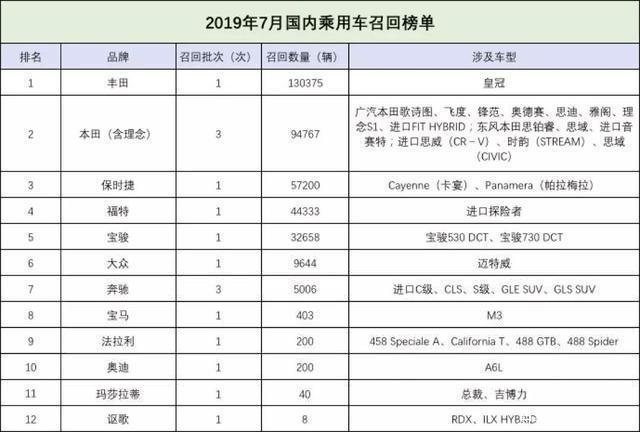
No. 1: Toyota Crown
Vehicles involved: a total of 130375 Crown cars were produced during the period from January 22, 2015 to January 23, 2019.
Cause of recall: due to failure to comply with the operating essentials in the manufacturing process, there is the possibility of improper installation of rear bumper reinforcements, which may lead to the absence of rear bumper reinforcements. If the rear collision of the vehicle occurs, in extreme cases, it may increase the risk of injury to the people in the vehicle, and there is a hidden danger of safety.
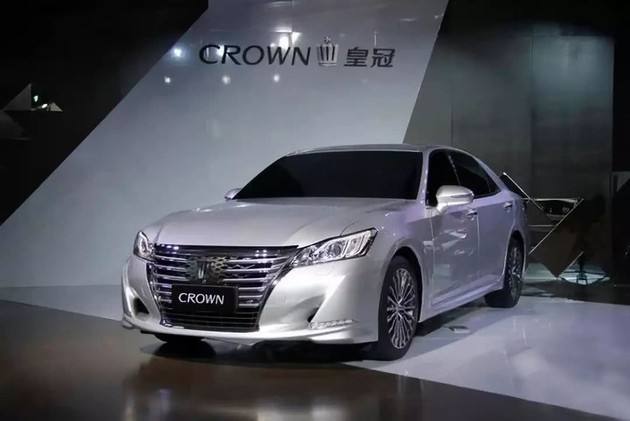
Second place: Honda Accord, Song Shitu, Feido, etc.
Vehicles involved: some of the poets, Fido, Fengfan, Odyssey, Sidi, Accord, concept S1, imported CR-V, imported Shiyun, imported Civic and INSIGHT produced from November 11, 2002 to June 27, 2015, a total of 94663; part of the 2013 FIT HYBRID produced during the period from July 5, 2012 to March 1, 2013, totaling 17.
The reason for the recall: the airbag of the vehicle is equipped with an ammonium nitrate gas generator without desiccant produced by Takata Company. when the airbag is deployed, the gas generator may be damaged, causing metal fragments to fly out and injure the people in the car. There is a safety risk.
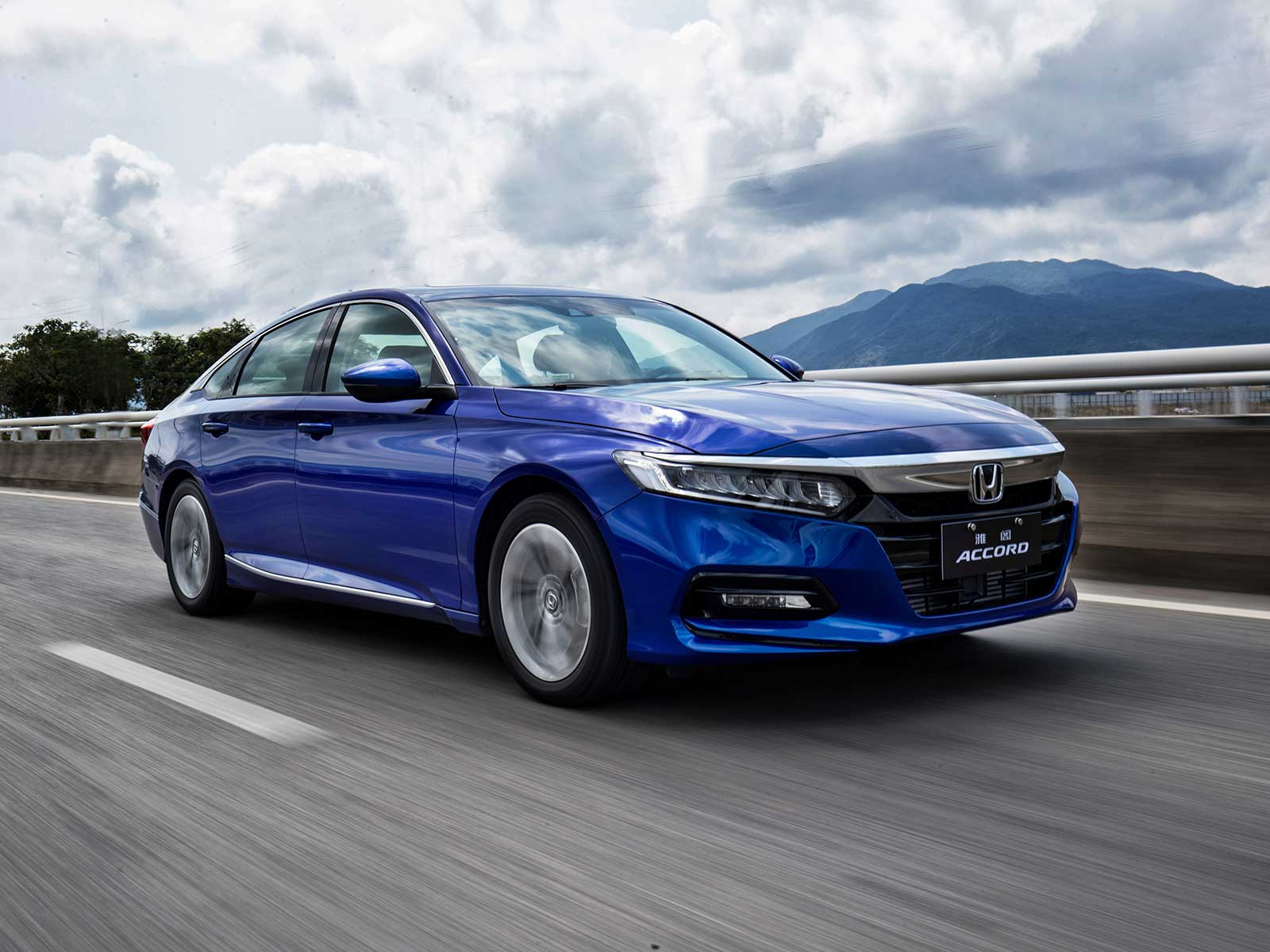
Third place: Porsche Cayenne and Palamera
Vehicles involved: some of the 2009-2010 Cayenne (Cayenne) series cars produced during the period from July 7, 2008 to February 5, 2010 were imported, totaling 11500, and the partial production of August 21, 2009-September 13, 2016 imported 2010-2016 Panamera (Palamera) series cars, totaling 45600 vehicles.
The reason for the recall: due to the lack of durability of the gearbox shift cable bushing, the shift cable may be loose from the fixed position, resulting in the driver being unable to hang into the correct gear. if the driver does not apply parking brake when the driver hangs into the P gear, the vehicle may still move in extreme cases, which can not rule out the risk of personnel injury or vehicle collision, and there is a safety hidden danger.
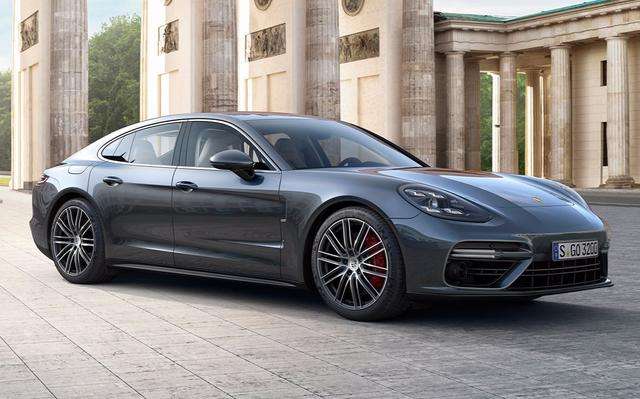
No. 4: Ford Explorer
Vehicles involved: some of the 2013-2017 models produced from November 22, 2012 to January 24, 2017 were imported into Ford Explorer cars, totaling 44333.
Cause of recall: due to design reasons, when the rear suspension system continues to work under high load vibration and rebound conditions, the front beam connecting arm of the rear wheel may reverse bend and lead to fatigue fracture, resulting in reduced steering control ability of the vehicle. There are hidden dangers.

No. 5: Baojun 530, 730
Involving vehicles: some 2018 Baojun 530 DCT automatic cars produced from January 15, 2018 to October 11, 2018, a total of 20406; some 2017 Baojun 730 DCT automatic cars produced from October 20, 2017 to December 24, 2018, a total of 12252.
The reason for the recall: due to the calibration of the engine control module (ECU) software, the clutch spring slider of the transmission may be subjected to abnormal impact, and in extreme cases, the power output of the vehicle will be interrupted, which may lead to safety risks.

No. 6: Volkswagen Maywitt
Vehicles involved: some of the 2017-2019 Mattaway cars produced during the period from January 29, 2016 to April 26, 2019 were imported, totaling 9644.
Cause of recall: if the vehicle is operated too closely with a high-pressure cleaning device when cleaning the vehicle due to inadequate sealing, or if the cleaning device is installed with inappropriate nozzles, external water may seep from between the side panel of the car body and the plastic seal cover of the sliding door motor on the right. After the water seeps into the car body, it may lead to the circuit failure of the electric tail door control unit, causing the electric tail door and electric sliding door to fail, which can only be opened manually; if the water flows into the electric tail door control unit to form a short circuit, it may also cause the module to overheat and erode, causing the vehicle to catch fire, and there is a safety hidden danger.

No. 7: Mercedes-Benz S-Class, C-Class, CLS, etc.
The vehicles involved are: (I) a total of 139 imported S-class and CLS-class vehicles produced from January 11, 2018 to September 7, 2018; and (II) a total of 4560 imported S-class vehicles produced during the period from January 28, 2017 to September 11, 2018. (III) A total of 5 imported C-class and CLS-class vehicles produced during the period from December 6, 2018 to December 18, 2018. (IV) A total of 302 imported GLE SUV and GLS SUV vehicles were produced during the period from February 29, 2016 to October 16, 2018.
The reason for the recall: (1) the software of the transmission control unit of the vehicle is not standardized, and the transmission control unit may be reset due to software errors when the vehicle is running, and the relevant fault codes cannot be stored. If the reset occurs just when the engine start-stop mode is working, the engine will not start automatically, and the engine flameout may cause the vehicle to slip away. (2) due to incorrect setting of steering control unit software parameters and possible deviation in the assembly process of steering bellows in the production plant, the detection function of hands leaving the steering wheel on some of the enhanced version of the limited distance control system (DISTRONIC PLUS) and S-class four-wheel drive vehicles with steering assistance may not meet the requirements. When there is something wrong with the detection function with both hands off the steering wheel, the steering assist function is still working no matter how long the driver takes his hands off the steering wheel. In this case, follow-up functions (including warning tips, turning off steering assistance, emergency braking) may not be triggered as expected, increasing the risk of a collision. (3) the installation bolts of the engine turbocharger return pipe and the crankcase ventilation pipe of the vehicle may be mixed. Due to the difference in bolt specifications, the pretightening force of the connection may be insufficient, which affects the tightness of the connection between the turbocharger return pipe and the bolt. in extreme cases, the risk of fire cannot be ruled out. (4) the mixed installation of exhaust catalytic converters in vehicles can not meet the relevant requirements of motor vehicle emission standards and on-board diagnosis system, which may lead to alarm of on-board diagnosis system.
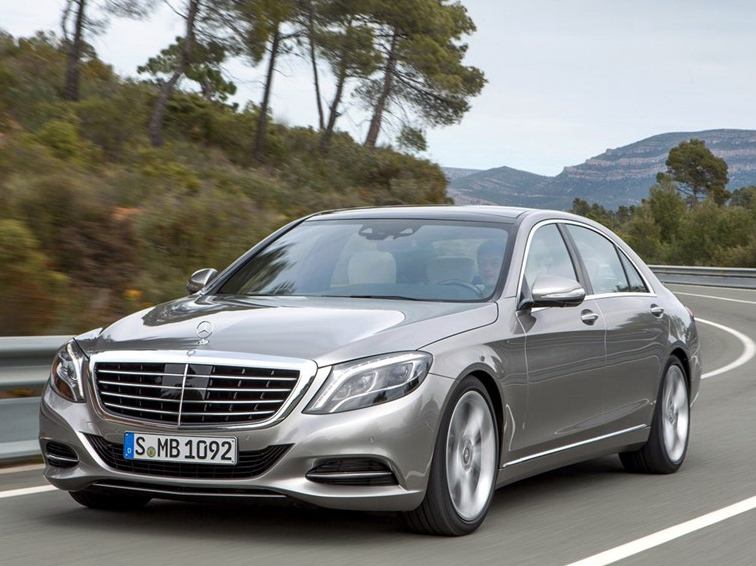
No. 8: BMW M3
Vehicles involved: a total of 403 imported BMW M3 vehicles produced during the period from July 28, 2007 to October 30, 2009.
The reason for the recall: the tinned coating was used in the cable joint of the front distribution box of the vehicle due to design error, and the coating may be worn after long-term use, resulting in poor contact of the cable joint, which may lead to the failure of the vehicle to start or the failure of the electronic module. it increases the difficulty of vehicle control, and there are hidden dangers.
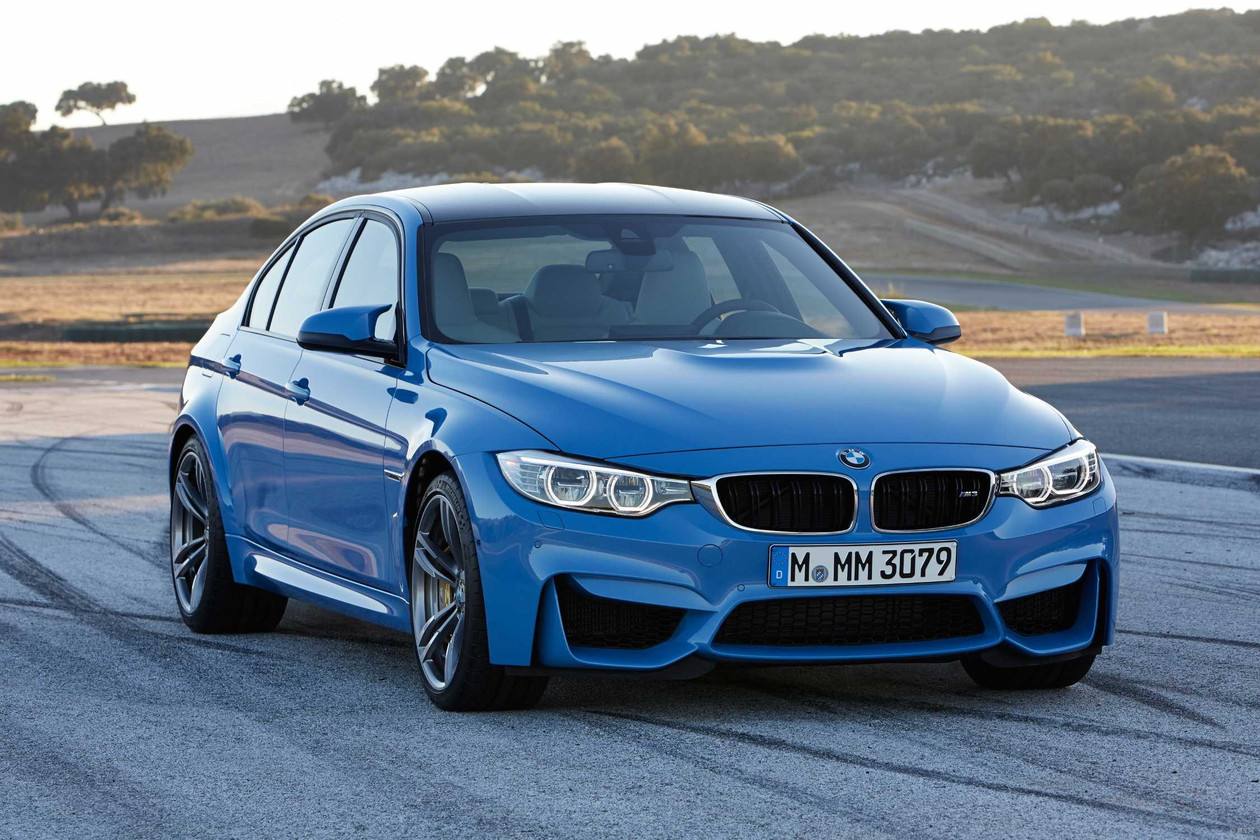
No. 9: Ferrari 458, 488, etc.
Vehicles involved: some of the 458 Speciale A, California T, 488 GTB and 488 Spider series vehicles manufactured during the period from 27 August 2015 to 9 January 2018 were imported, totaling 200 vehicles.
Cause of recall: due to reasons manufactured by the supplier, the airbag electronic control unit may have internal power failure, which may cause the airbag and seat belt pretensioner to be disabled, and light the airbag warning light on the dashboard; or it may cause the airbag and seat belt pretensioner to unfold and start accidentally, thus increasing the risk of injury to the occupants or the possibility of accidents in the vehicle, which may lead to safety risks.

No. 10: Audi A8L
Vehicles involved: some 2019 Audi A8L cars produced from September 26, 2018 to February 13, 2019 were imported, totaling 200.
The reason for the recall: incorrect supplier production parameters and process errors, resulting in the rivet head size of the front passenger side seat guide rail does not meet the Audi specifications. When the front part of the vehicle collides, the guide bracket of the front passenger side seat may be separated from the rivets, which will affect the seat and seat belt system to maintain the passenger position and increase the risk of front passenger injury.
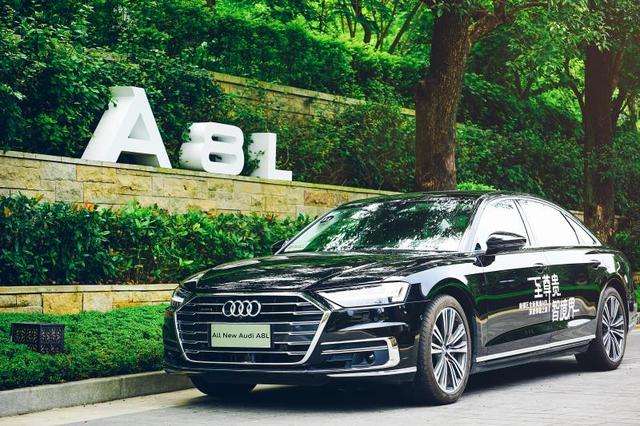
11th place: president of Masarati, Geberit
Vehicles involved: a total of 14 CEO cars produced from 17 February 2014 to 7 January 2015 and 26 Geberit vehicles produced from 8 April 2014 to 28 December 2014.
The reason for the recall: the supplier's non-standard assembly of the low-pressure fuel pipeline may cause fuel leakage at the connection of the low-pressure fuel pipeline. If the source of fire is encountered, it may lead to fire, which may lead to safety risks.
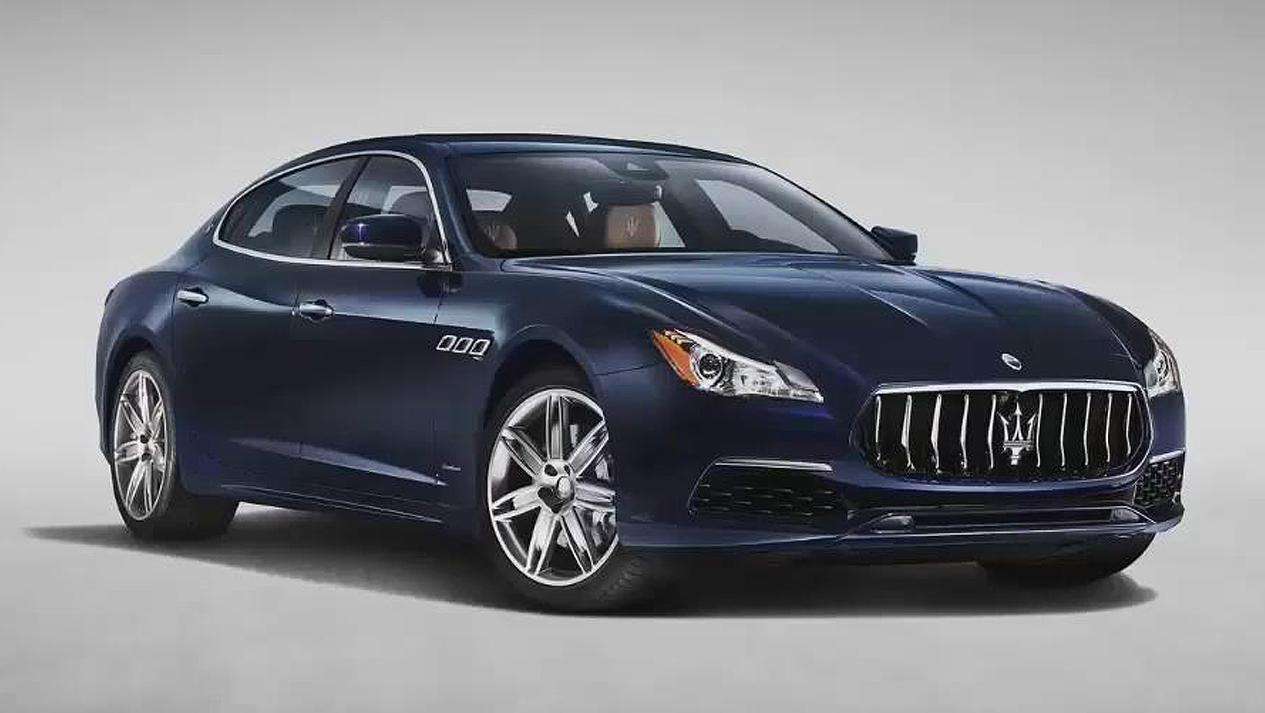
No. 12: Acura RDX, ILX HYBRID
Involving vehicles: 2014-2015 imported Acura RDX and 2013 imported Acura ILX HYBRID series cars produced during the period from October 3, 2012 to November 14, 2014, totaling 8.
The reason for the recall: the vehicle used an ammonium nitrate gas generator without desiccant produced by Takata in after-sale maintenance of the driver's airbag. During the deployment of the airbag, the gas generator may be abnormally damaged, resulting in debris flying out, injuring the people in the car, and there is a safety hidden danger.
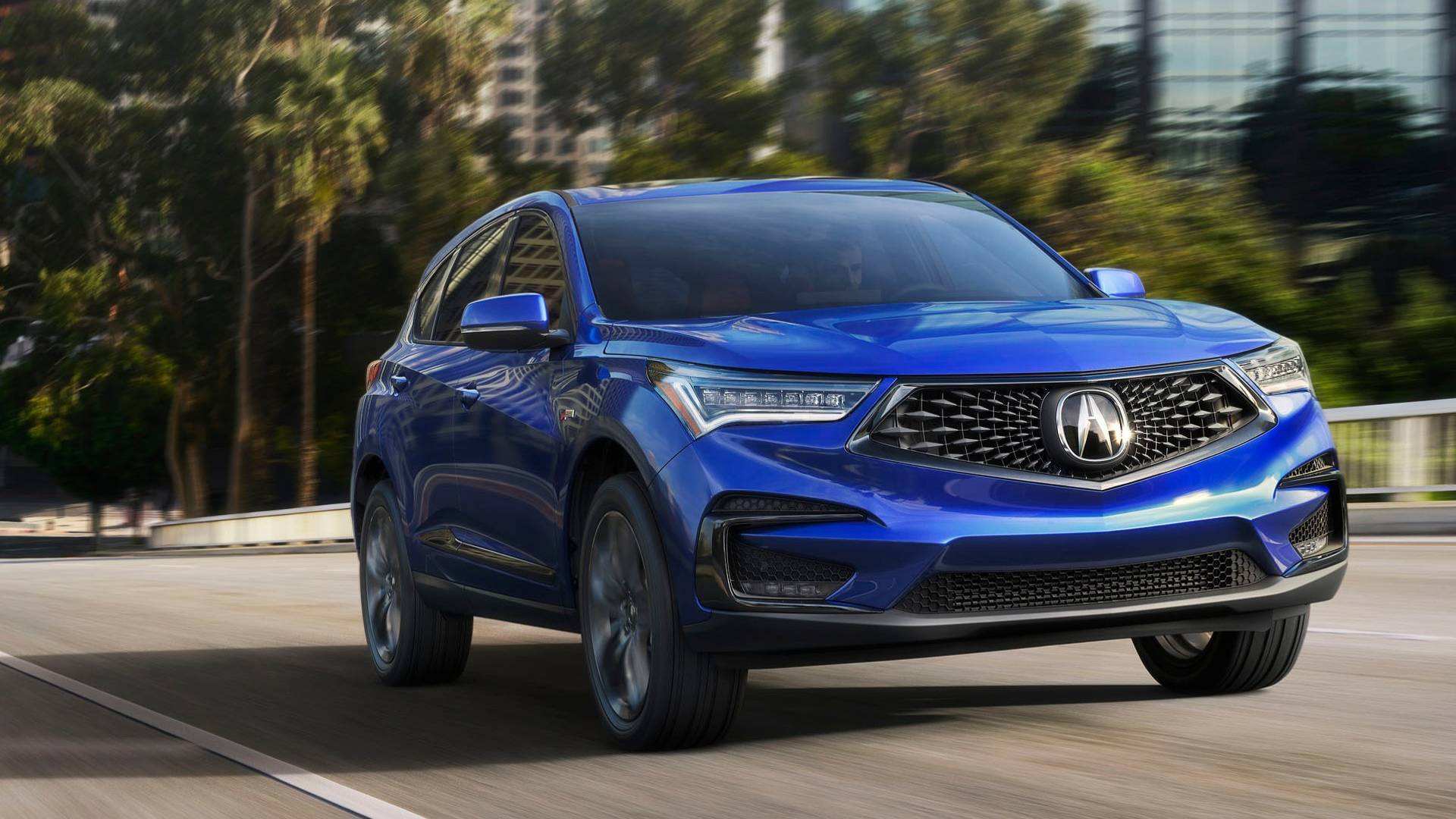
As can be seen from the above data, 12 brands were recalled in July, with a total of 370000 vehicles; most of them were recalled due to the installation of airbags made by Takata; in the "Takata incident," Japanese brands were the main victims. Toyota, Honda and Acura recalled a total of 225150 vehicles due to Takata airbags, accounting for 60% of the vehicles recalled in July.
Welcome to subscribe to the WeChat public account "Automotive Industry Focus" to get the first-hand insider information on the automotive industry and talk about things in the automotive circle. Welcome to break the news! WeChat ID autoWechat
Views: 0
*The comments in the above article only represent the author's personal views and do not represent the views and positions of this website. If you have more insights, please feel free to contribute and share.





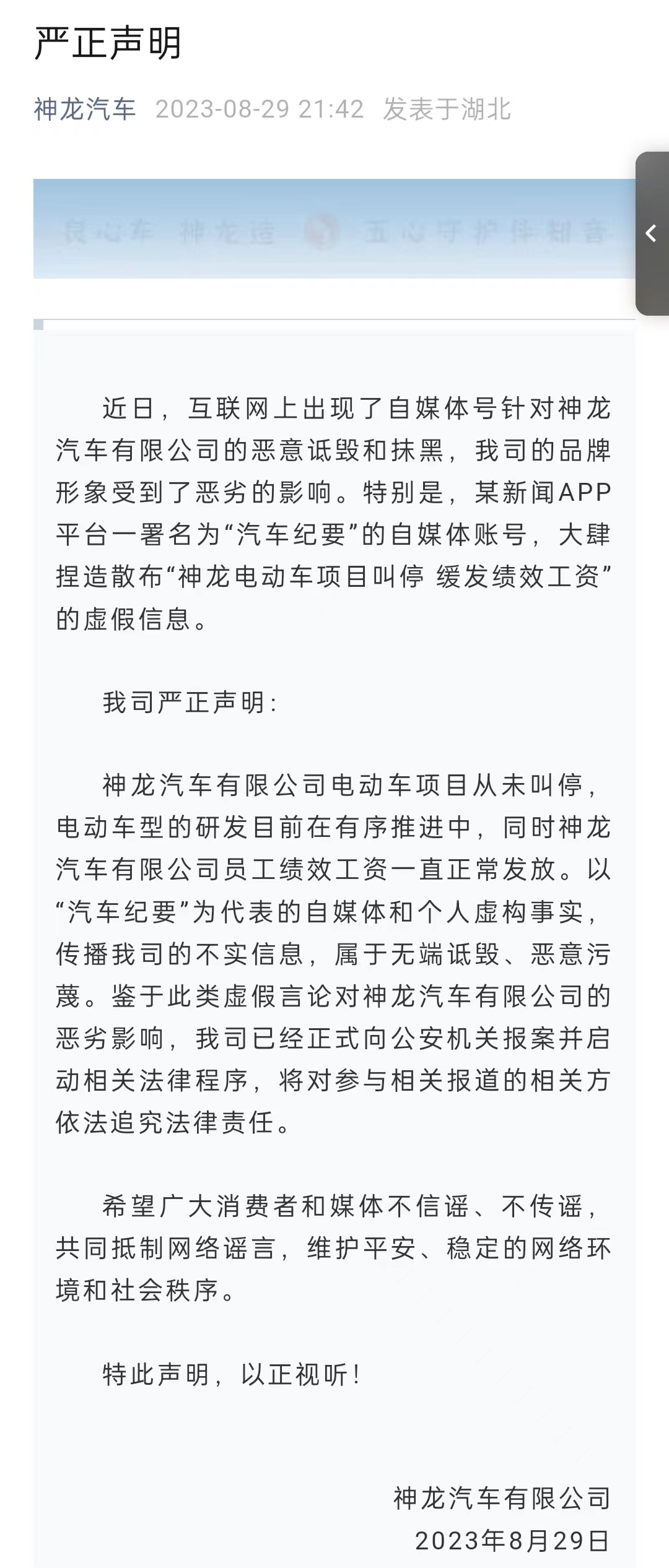





© 2024 AutoBeta.Net Tiger Media Company. All rights reserved.